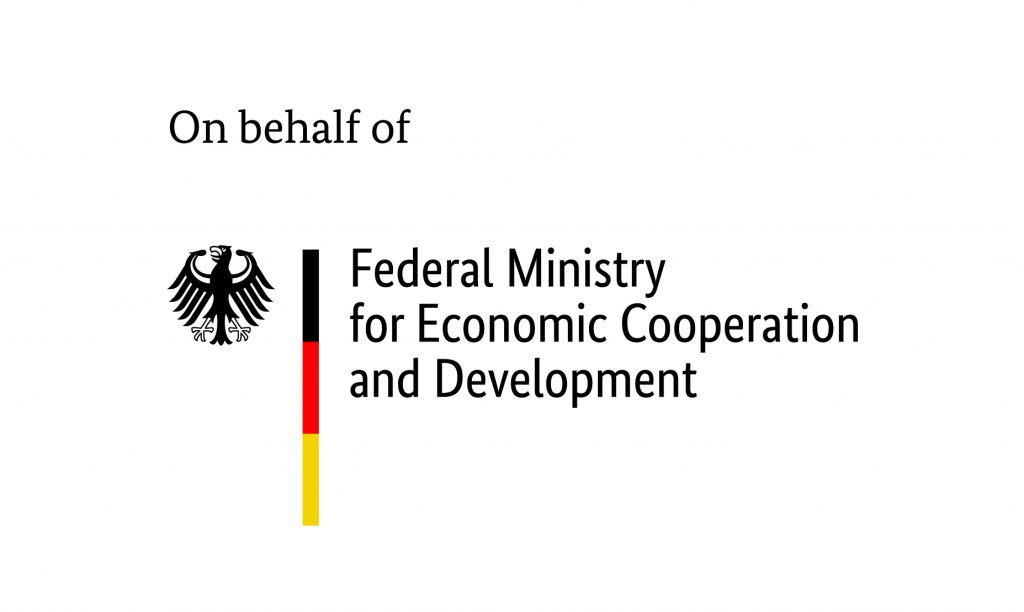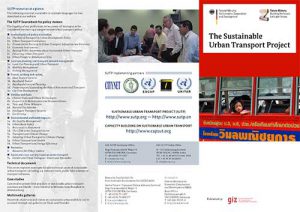Access to business, health, education and other basic services is becoming difficult in many developing cities due to a deteriorating transport environment. Also, worsening air and noise pollution, decreasing safety levels and overloaded transport systems are having a severe impact on the economy, social life and ecological conditions in a city. In many cases public transport systems and facilities for non-motorised transport users such as pedestrians and cyclists are particularly prone to negligence and under-funding. The urban poor who rely on these systems are seriously affected by this neglect and poor urban mobility management. Furthermore, transport problems are tending to worsen with economic development. Increasing motorisation is also leading to rising levels of harmful greenhouse gas (GHG) emissions, severely affecting the global climate.
Still, many developing cities exhibit a high population density, low levels of motorisation, relatively high public transport and bicycle usage, and generally mixed land uses. Such characteristics, while increasingly under the threat of rapid motorisation and urban sprawl, constitute a solid potential basis for sustainable urban development. Policy decisions today need to ensure that these cities retain these characteristics and keep or increase the share of sustainable transport modes.
To steer urban transport policy in a more sustainable direction, several challenges have to be tackled. In many cases, these challenges include:
- Lack of appropriate information on good practice, innovative mobility solutions and data available to decision makers
- Lack of appropriate capacity of staff on the municipal and national level to plan and implement sustainable transport projects
- Lack of sufficient and sustainable funding to support the above
- Low level of public participation in the formulation of urban transport strategies and car-oriented lifestyle of decision makers
This situation has reinforced the need for diffusion of information, capacity building and city assessment, and the need to compliment political will with technical expertise and know-how. It is to respond to these needs, that GIZ developed the Sustainable Urban Transport Project- SUTP on behalf of the Federal Ministry for Economic Cooperation and Development (BMZ).




